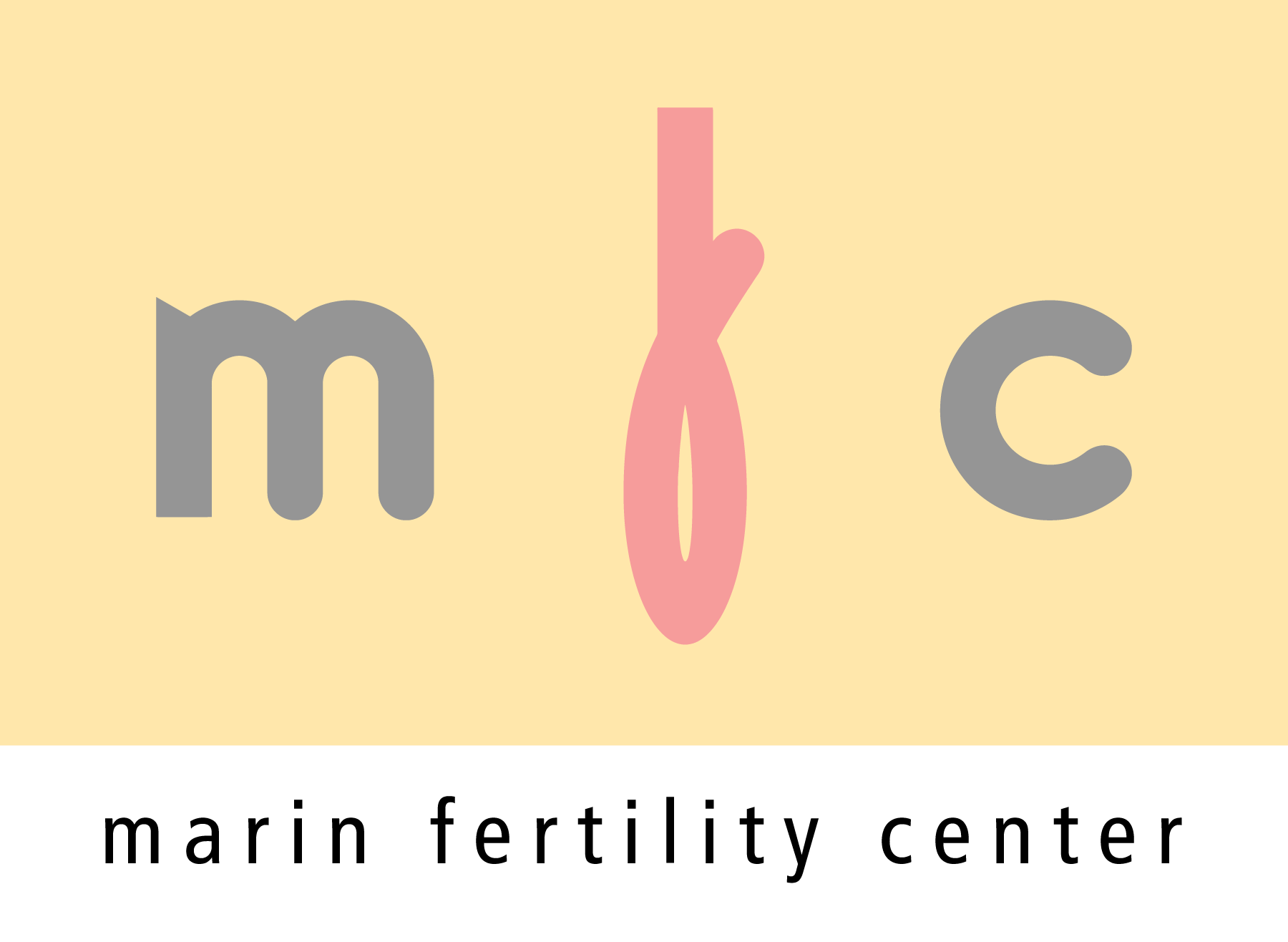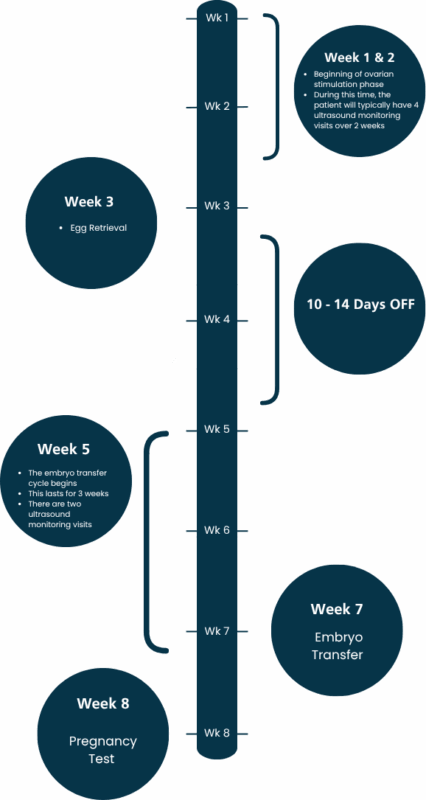Timing Your IVF Cycle

Timing Your IVF Cycle Around Work, Life, and Holidays
Finding balance in one of life’s busiest seasons
Starting IVF is a big commitment—physically, emotionally, and logistically. Between work deadlines, family events, and holiday travel, it can feel daunting to figure out when the “right” time might be. The good news: with thoughtful planning and open communication, you can align your fertility journey with your real-life calendar without sacrificing your peace of mind.
Understanding the IVF Timeline
A full IVF cycle with PGT-A typically spans 8 weeks of the calendar from the start of ovarian stimulation to the embryo transfer.
- Monitoring appointments: Frequent ultrasounds and bloodwork during stimulation (often early mornings).
- Egg retrieval: A short outpatient procedure that usually requires a day off for recovery.
- Embryo transfer: A brief, low-impact appointment—but many patients prefer taking time to rest afterward.
There are 8 appointments during those 8 weeks, divided into 2 parts. The first 2 weeks consist of 4 monitoring appointments and the egg retrieval. Next you will have about 10-14 days completely “off”. The embryo transfer cycle starts at week 5 and lasts 3 weeks. During this time you will have 2 monitoring appointments and the embryo transfer.
Planning Around Work
- Communicate early: Let your HR department or manager know you’ll have medical appointments (you don’t have to specify fertility treatment if you prefer privacy).
- Front-load projects: If possible, schedule major work tasks before your monitoring phase to reduce stress.
- Use early appointments: Many fertility centers offer morning monitoring to help minimize time away from work.
A little coordination upfront can make your cycle feel far more manageable.
Navigating Holidays and Travel
The holiday season can bring unique scheduling challenges—but also opportunities for rest.
- Consider your priorities: If being present for family gatherings matters most, plan your cycle before or after major holidays.
- Stay local if possible: Egg retrieval and transfer require quick access to your clinic. Avoid travel during those windows.
- Lean on your support system: If you’re cycling during the holidays, enlist family or friends to help with logistics, meals, or emotional support.
Emotional and Physical Balance
Between hormones, appointments, and social commitments, it’s easy to feel stretched thin.
- Give yourself permission to say no. Protecting your mental space is part of treatment.
- Keep routines grounding you: Gentle exercise, sleep, hydration, and mindfulness can help regulate mood and energy.
- Remember flexibility: No two IVF timelines are identical—if your plans shift, that’s okay.
The Takeaway
There’s no perfect time to start IVF—but with realistic planning and the right support, you can weave your treatment into your life rather than putting life on hold.

